2 shy kids
2 Shy Kids Lawrence, KS
OFFERING QUALITY, CLEAN, PRE-OWNED CHILDREN'S ITEMS AT AN AFFORDABLE PRICE SINCE 2013!
Why PAy retail prices for kids items?
| Clothing Toys | Shoes Games | Baby Equipment Outdoor toys |
| New Mom's Club The addition of a new baby to the family, the 1st or 5th, is a challenge on the family budget and we want to help in a small way. 12 months of gifts and discounts to help new moms raise their little ones while saving real money at 2 Shy Kids. If you are expecting or have an infant less than 12 months old, just stop by our store or Sign up online. |
Sign Up Today
WANT TO SELL YOUR KIDS GEAR?
2 Shy Kids buys gently used, clean children's clothing and equipment. Follow the steps below to insure that the items you bring are processed effectively and efficiently in a timely manner. During your appointment an associate at 2 Shy Kids will thoroughly look through your items and offer you cash or store credit for items that we feel we can resale.
| clean your items To receive the best offer from us please clean and wash your items immediately before your scheduled appointment to insure there are no foul odors or stains. | Organize Your Items Bring your items in an organized fashion. Please use a laundry basket or a plastic tub with your items laid flat when bringing your items to your appointment. | MAke an appointment Please schedule an appointment online. This insures priority access for you to have your items processed in a timely manner. Schedule |
| Brooke & Alex Graves Ayden, Easton, Bentlee |
| Visit Us in the Store 3514 Clinton Parkway Suite I-2 By HyVee & 23rd Street Brewery at the Corner of Clinton Parkway and Kasold | Hours of Operation Monday-Saturday Sunday | Customer Service (785) 856-2287 |
2 Shy Kids - 3514 Clinton Parkway #12, Lawrence, KS 66047
Contacts
Location & routing
2 Shy Kids is located in Douglas County of Kansas state. On the street of Clinton Parkway and street number is 3514. To communicate or ask something with the place, the Phone number is (785) 856-2287.
The coordinates that you can use in navigation applications to get to find 2 Shy Kids quickly are 38.943528 ,-95.28205
2 Shy Kids
3514 Clinton Parkway #12, Lawrence, KS 66047, USA
Get Directions
Customer Ratings and Reviews
-
Mindy Tate on Google
(April 8, 2019, 5:56 pm)Really good resale shop for your kiddos!
🏴 Flag as inappropriate -
Christina Koch on Google
(February 1, 2019, 1:22 pm)Brooke is always super helpful about locating something if I can't find it! It's usually right in front of my face though! ????
🏴 Flag as inappropriate -
Kelly horton on Google
(January 18, 2019, 1:55 am)Love this store.
🏴 Flag as inappropriate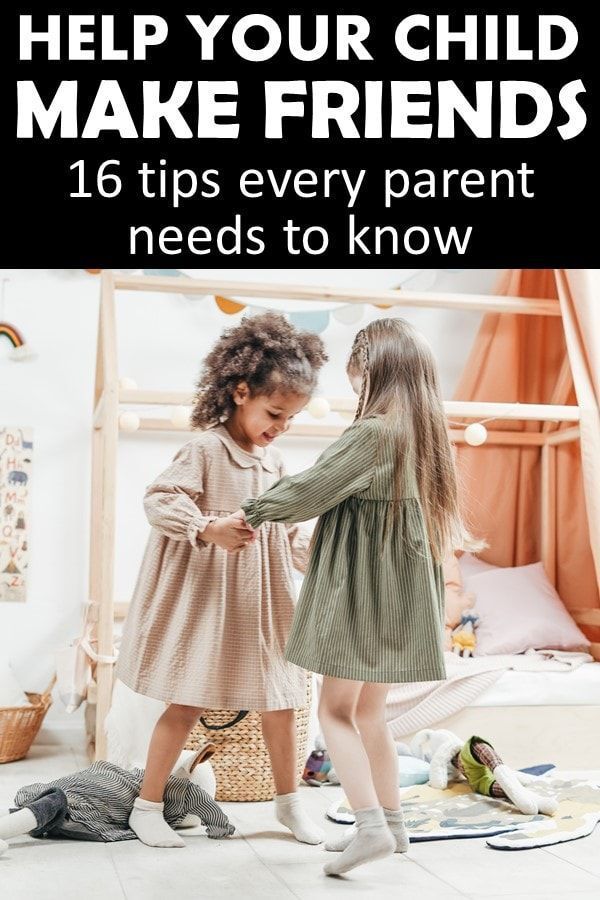 Quality used kids clothes, shoes, coats, toys, books, strollers. If kids use it or wear chances are 2 Shy Kids has it.
Quality used kids clothes, shoes, coats, toys, books, strollers. If kids use it or wear chances are 2 Shy Kids has it.
Write a Review
Photos of 2 Shy Kids
-
Photo by Fred Hotpockets on Google (Show full size) . 🏳 Report a problem
-
Photo by Matt Linzer on Google (Show full size) . 🏳 Report a problem
-
Photo by Cel Valdez on Google (Show full size) . 🏳 Report a problem
-
Photo by 2 Shy Kids on Google (Show full size) . 🏳 Report a problem
2 Shy Kids On the Web
2 Shy Kids Lawrence, KS - Home2 Shy Kids buys gently used, clean children's clothing and equipment. Follow the steps below to insure that the items you bring are processed effectively and efficiently in a timely manner.
http://www. 2shykids.com/
2shykids.com/
Contact -
2 Shy Kids Lawrence, KSVisit Us in the Store 3514 Clinton Parkway Suite I-2 Lawrence, KS 66047 By HyVee and 23rd Street Brewery at the Corner of Clinton Parkway and Kasold
http://www.2shykids.com/contact
2 Shy Kids - Home | Facebook2 Shy Kids - 3514 Clinton Parkway, Suite I-2, Lawrence, Kansas 66047 - Rated 4.7 based on 86 Reviews "The owner was very nice and I love all the items we...
https://www.facebook.com/2ShyKids
2 Shy Kids, 3514 Clinton Parkway, Suite I-2, Lawrence, KS (2019)2 Shy Kids; Children's ReRun Store. We buy & sell kids clothes (up to size 12), furniture, toys & equipment. (128) 12/17/2018 . We still have our bins out from the ...
https://www.globuya.com/US/Lawrence/622051211166598/2-Shy-Kids
2 Shy Kids - 23 Photos - Baby Gear & Furniture - 3514 Clinton . ..
..2 Shy Kids' goal is to provide you with quality, clean used clothing, toys and equipment so that it can be enjoyed by another family at an affordable price. Since kids grow so quickly, we want to be able to give the community a chance to sell their used clothing to us and provide those items to someone new.
https://www.yelp.com/biz/2-shy-kids-lawrence
2 Shy Kids - Clothing and Accessories in Lawrence, KS - AlignableDo you own 2 Shy Kids? Claim your free page on Alignable and increase word-of-mouth referrals for your business. Community Home. ... (785) 856-2287. Visit Website.
https://www.alignable.com/lawrence-ks/19914572-2-shy-kids
Welcome New HITS Client | LawrenceHits.com
2 Shy Kids 3514 Clinton Parkway, Suite I-2 Lawrence, Kansas 66047 (785) 856-2287.
https://lawrencehits. com/welcome-new-hits-client/
com/welcome-new-hits-client/
Buying a 2 Shy Kids Gift on Giftly is a great way to send money with a suggestion to use it at 2 Shy Kids.This combines the thoughtfulness of giving a gift card or gift certificate with the convenience and flexibility of gifting money.
https://www.giftly.com/gift-card/2-shy-kids-lawrence
Business Directory of Kansas. 2 Sisters Care ... - BizStanding
Business Directory Information on every company and professional organization. ... (785) 856-2287. 2 P'S Septic Waste Removal. ... 2 SHY KIDS, LLC. Status: Inactive.
https://bizstanding.com/directory/KS/2_/7/
Submit a review for 2 Shy Kids
Your rating *
Your review (Be as detailed as possible) *
(100 Character minimum)
I certify that this review is based on my own experience and that I am in no way affiliated with this business, and have not been offered any incentive or payment from the business to write this review. I agree to Businessyab.com Terms & Conditions, including to not write false reviews, which is in many cases against the law.
I agree to Businessyab.com Terms & Conditions, including to not write false reviews, which is in many cases against the law.
Tips for writing a great review:
- Be specific about your experience and the services that were provided.
- Be truthful - this review will help other consumers as well as the business.
- Be polite - give feedback in a constructive way.
Shy child: who is to blame and what to do | Be Healthy
Adults often see shyness in children in a rosy light. Such a child is obedient, does not "hooligan", does not make noise, because of him parents are not called to school.
“Quiet”, “timid”, “afraid of strangers”, “uncommunicative”, “some kind of intimidated” - such words are often heard about their children by parents of shy children. And although shyness does not cause them much trouble, it often dooms the child himself to loneliness and strong, often unbearable fears in ordinary social situations.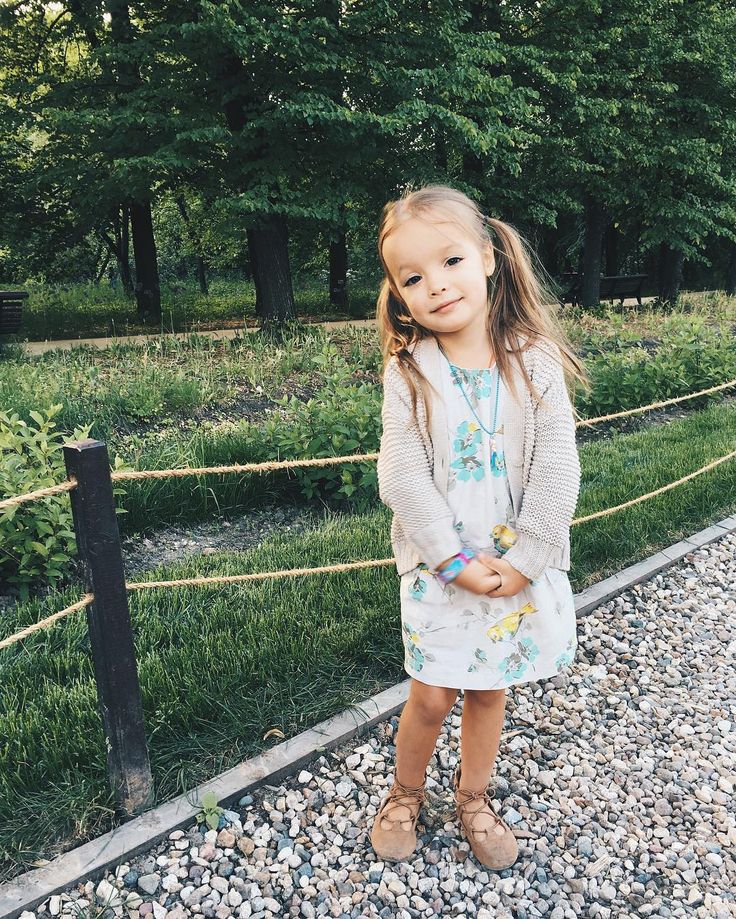
Adults often see shyness in children in a rosy light. Such a child is obedient, does not "hooligan", does not make noise, because of him parents are not called to school. Children who suffer from shyness do not want to draw attention to themselves, they are constantly worried about what might be thought of them, so they may seem to be models of good behavior.
However, the approval of adults does not reduce the suffering that pathological shyness brings. It prevents the child from making friends, as well as training in communication with other people. As a result, shy children can grow up to have very poor and inadequate social skills, which can affect school, career, and family life. They are characterized by low self-esteem, which can lead to the rejection of the necessary life risks and the development of their abilities.
Fortunately, for most people, shyness decreases with age. However, many still have a feeling of bitterness due to their former timidity, it seems to them that they have missed something in life.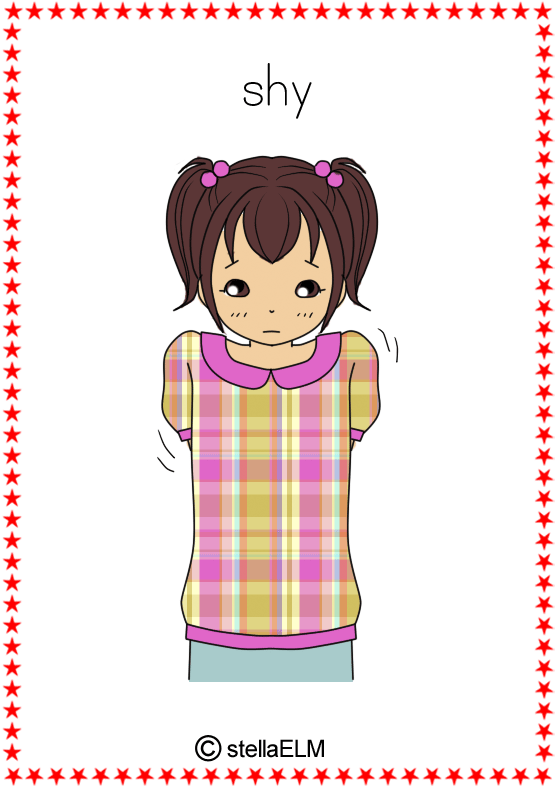 Therefore, shy children need help. And the sooner it is provided, the better. So that they do not later regret the "uselessly lived years."
Therefore, shy children need help. And the sooner it is provided, the better. So that they do not later regret the "uselessly lived years."
Who is to blame?
Some children are initially predisposed to shyness, while others may develop it out of the blue under the influence of certain circumstances.
Psychologists indicate the following reasons for its occurrence.
Biological predisposition . Some children are naturally more sensitive to criticism and negative social situations. Usually, in such children, one or both parents suffer from painful shyness or social phobia.
Stressful life events . Often, shyness develops following a traumatic event, usually associated with public humiliation of a child. Also, such an event can be a move to another city, a transition to a new school, or serious problems in the family, for example, a divorce of parents.
Negative communication in the family .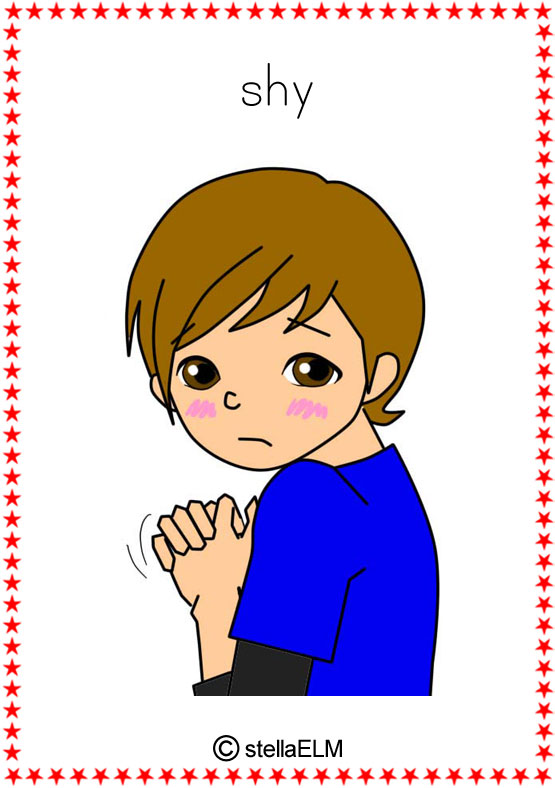 Often the reason for a child's shyness is that parents criticize him with or without reason, shame him (especially in front of strangers), and try to control all aspects of his life. At the same time, constant criticism is not balanced by warmth and praise. Also, the reason may be the lack of attention of parents: when the child in the family is simply ignored, and all that is required of him is to “behave quietly”.
Often the reason for a child's shyness is that parents criticize him with or without reason, shame him (especially in front of strangers), and try to control all aspects of his life. At the same time, constant criticism is not balanced by warmth and praise. Also, the reason may be the lack of attention of parents: when the child in the family is simply ignored, and all that is required of him is to “behave quietly”.
Bullying at school . A negative, competitive environment contributes to the shyness of many children. Especially if they are chosen for systematic bullying by other children. Often a child is traumatized by teachers when they are publicly humiliated for failures, ignored or even encouraged by bullying by classmates.
What to do?
There are many strategies that can help children overcome shyness. Psychologists usually recommend trying not one, but several at once, since it is impossible to predict what exactly will help a particular child.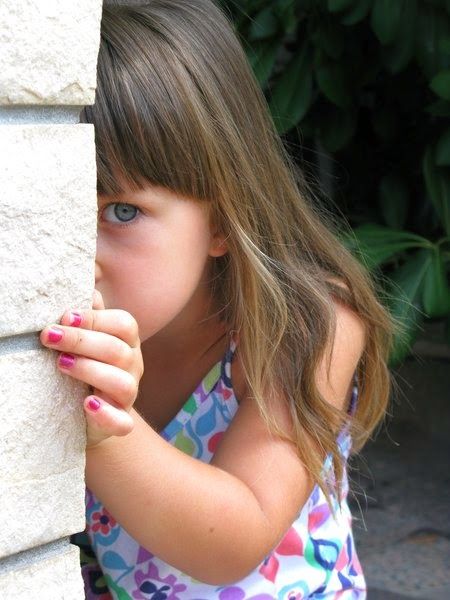
-
Tell your child about your own shyness. Fear of social situations is not unusual. According to various studies, about 50% of people consider themselves shy. Parents will help a shy child if they tell him that they themselves were the same in childhood. It is especially important to share memories of how they became more sociable, about specific cases when they managed to overcome shyness.
-
Show empathy for the child's problems. In order for him to begin to control his fear in social situations, it is important to show empathy. We can say that you understand that he is afraid to go somewhere or talk to someone, that you yourself sometimes feel the same way. This will allow the child to feel accepted, and at the same time begin to speak openly about their problems.
-
Discuss the benefits of socializing with your child. It will be easier for him to cope with shyness if he understands what exactly he needs it for.
For example, talk to your child about how if they “be brave today” and talk to the kids on the playground, it might help them make new friends. Share stories from your own life about how overcoming shyness helped you achieve something.
-
Do not label . Talk to your children about shyness, but never, under any circumstances, call them "shy" or "quiet" themselves. Don't let other people call your child "quiet" and "shy" either. Do not explain to others that “she is afraid of strangers” - by doing this you are actually telling the child how to behave.
-
Act out scary situations . Role playing is one of the best ways to help your child overcome shyness. With small children, you can easily use toys, for example, play together the story of a plush hare who was afraid to talk to other animals: let the child figure out how his character will cope with this problem. With older children, you can assign roles and practice, for example, rehearse the answer in a lesson or an interview.
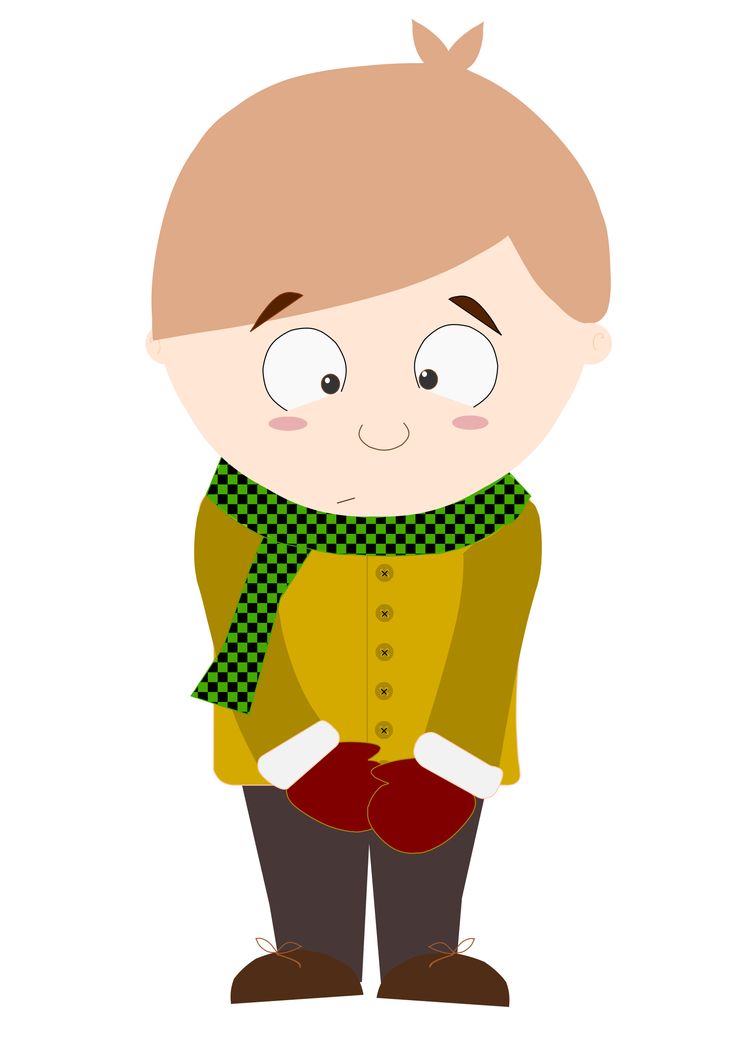
-
Set realistic goals . To improve communication skills, psychologists recommend setting specific but realistic goals for a shy child. Such as: make a presentation in front of the class, join the game of other children, ask the teacher a question. Parents can keep a special calendar and mark with an asterisk or smiley every day when the child has completed the intended goal.
-
Reward your child for sociability . Never shame a child for shy behavior - the effect will be the opposite. But every time he behaves overcoming timidity, do not skimp on praise and rewards. If you and your child have set a specific goal to overcome shyness, determine the reward that he will receive in this case. If the child has done something that was very difficult for him before - mark it, buy his favorite treat or go somewhere together.
If nothing helps, or avoiding other people becomes clearly pathological, then it may be necessary to consult a psychologist. In this case, you need a specialist with education in the field of child psychology, and extensive experience in working with both children and families. It is best if this psychologist has repeatedly worked with shyness in children. Many children can be helped without the help of a specialist, but in any case, the main thing is that parents and other relatives are on the side of the child, give him time and support him.
In this case, you need a specialist with education in the field of child psychology, and extensive experience in working with both children and families. It is best if this psychologist has repeatedly worked with shyness in children. Many children can be helped without the help of a specialist, but in any case, the main thing is that parents and other relatives are on the side of the child, give him time and support him.
If your child is shy
Why are some children sociable, courageous, while others are shy, timid, indecisive? If you are a parent of an anxious and shy child and are wondering this, then this article is for you.
First of all, parents should keep in mind that nature has created each person unique, and each child from birth has its own advantages and disadvantages, which mutually compensate for each other. There are no completely positive, ideal children, and there are no only shortcomings.
In addition, the same quality in some situations can be considered as a virtue, and in other situations as a disadvantage. For example, the same shyness in certain situations can be regarded as modesty and politeness.
In addition, shy children have a lot of advantages: great creative potential, observation, diligence, increased sense of responsibility. Parents should help them discover their talents. And there is no need to envy the parents of tomboys, they have their own, no less serious problems with children.
Shyness, anxiety, shyness, indecision - all these personality traits are determined by one common property of temperament - restraint and in most cases are associated with low self-esteem.
Restrained children show their temperament from the first day after birth, reacting to everything new with caution and indecision. Such children tend to retreat or get annoyed when they meet with unfamiliar phenomena, be afraid of strangers, seek refuge with their mother. According to studies, about 20% of healthy babies are easily aroused by unfamiliar surroundings and then have a hard time calming down. Most of them later become timid, cautious children.
According to studies, about 20% of healthy babies are easily aroused by unfamiliar surroundings and then have a hard time calming down. Most of them later become timid, cautious children.
The formation of increased anxiety and shyness, in addition to the nature of a given temperament, can also be influenced by the following factors:
- early and therefore painful separation from the mother, which is the cause of the child's excessive sensitivity and dependence on the emotional state of the people around him, which, in turn, forms his shyness and insecurity;
- excessive adherence to principles and strictness of parents, dependence of manifestations of attention and love on how the expectations of the father and mother are justified;
- excessive demands and expectations in relation to the child, which is often the cause of his problems in later adult life.
It is very important for parents to properly educate a shy child so as not to aggravate his shyness, but rather smooth it out. Whether your baby grows up unsociable and nervous or calm and observant largely depends on you.
Whether your baby grows up unsociable and nervous or calm and observant largely depends on you.
Work to improve self-esteem is one of the most important components of corrective work with anxious and insecure children.
Adhere to the following rules when raising your child:
1. Do not compare the child with other children and do not focus on failures. On the contrary, try to notice all his slightest achievements and praise him for his successes. Your main task is to believe in the child so strongly and convincingly that the child believes you and is "infected" with your faith. Then he will become a self-confident person. After all, it is known: to achieve something in life, you can only believe in yourself.
2. Don't rush your child, give him time to get used to the new . A shy, timid child needs some time to get to know each other, take a closer look, understand the laws that apply in a new situation, be it a company of peers, a new teacher, a new apartment. Only by making sure that nothing threatens him there, he can calm down. If you ask him a question, then give the time necessary to prepare an answer; try not to repeat the question twice or even thrice. Otherwise, the child will not respond soon, since he will perceive each repetition as a new stimulus.
3. Don't force your child to "be brave". Your exhortations and notations will not bring results. The baby's anxiety is irrational in nature, because the child himself, up to seven years old, lives in a world of feelings and images, and not common sense. Saying "there's nothing wrong here" is meaningless. You need to make your child feel safe. And what drives fear away better than mother's caress, mother's closeness?
4. Do not shout at children or in the presence of children!
5. If an adult addresses an anxious child, he should establish eye contact: this instills confidence in the child's soul.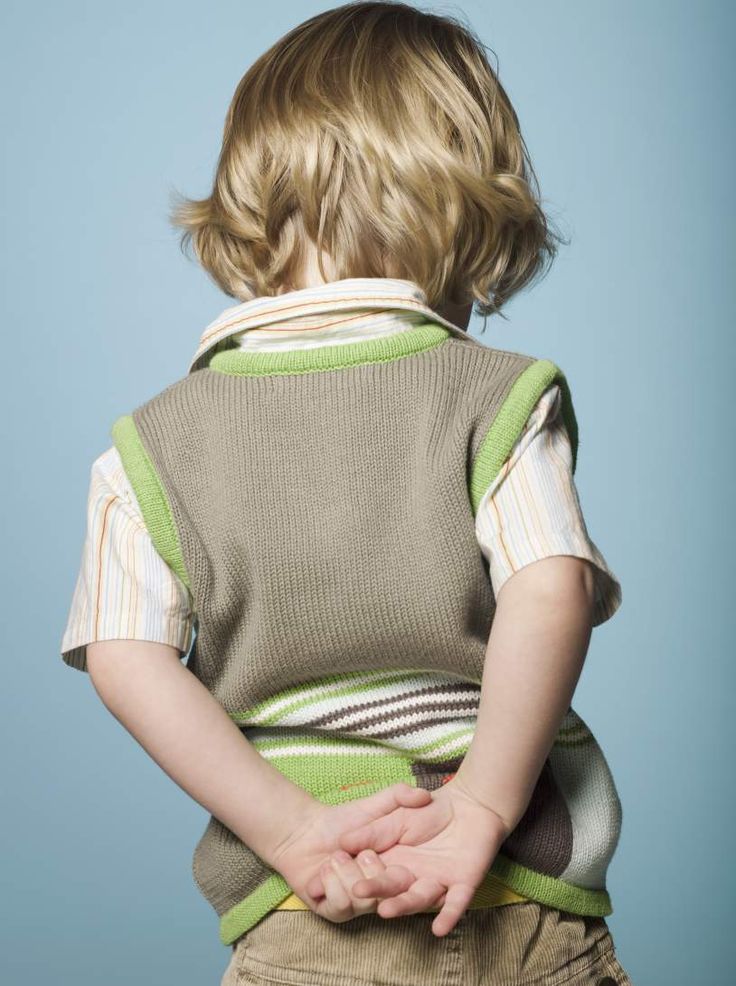
6. Increased exactingness of parents is dangerous. Excessive exactingness and strictness towards children with a refined mental organization leads to the exact opposite effect. The child must feel that he is accepted and appreciated, regardless of his behavior, success.
7. Try to create situations for the child where he could show his talents, dignity, in order to gain self-confidence and earn the respect of his peers. For example, you can arrange holidays for children at home and invite your kid's classmates to them, or arrange trips to nature together with the child's friends, go hiking. Here, in a comfortable environment, when mom and dad are nearby, a shy child will feel more confident and this will give him the opportunity to change the opinion of his friends about him.
8. Anxious children are extremely sensitive to the fruits of their own activities. At the same time, it is very difficult for them to evaluate the results of their work themselves, they cannot decide for themselves whether they have done something right or wrong, but they are waiting for this assessment from an adult. Negative assessments of significant adults have a strong traumatic effect on the vulnerable psyche of such children.
Negative assessments of significant adults have a strong traumatic effect on the vulnerable psyche of such children.
It must be said about the primary role of the teacher for the first grader, since it is he who turns out to be the most significant and at the same time the most traumatic figure for the child, since it is from the teacher that the negative assessment comes. Therefore, if necessary, parents can be advised to go to the school and talk to the teacher. As you know, the improvement of the position of the child in the primary grade can be achieved by a simple change in the teacher's attitude towards him.
9. There is no need to be afraid that by shielding the child from negative experience and creating comfortable conditions for him to develop, you will raise a "hothouse" person who is completely unadapted to the harsh reality . Of course, increased overprotection will only hurt. There is no need to "submit your hands" at every step, you need to create conditions for the development of independence and self-confidence.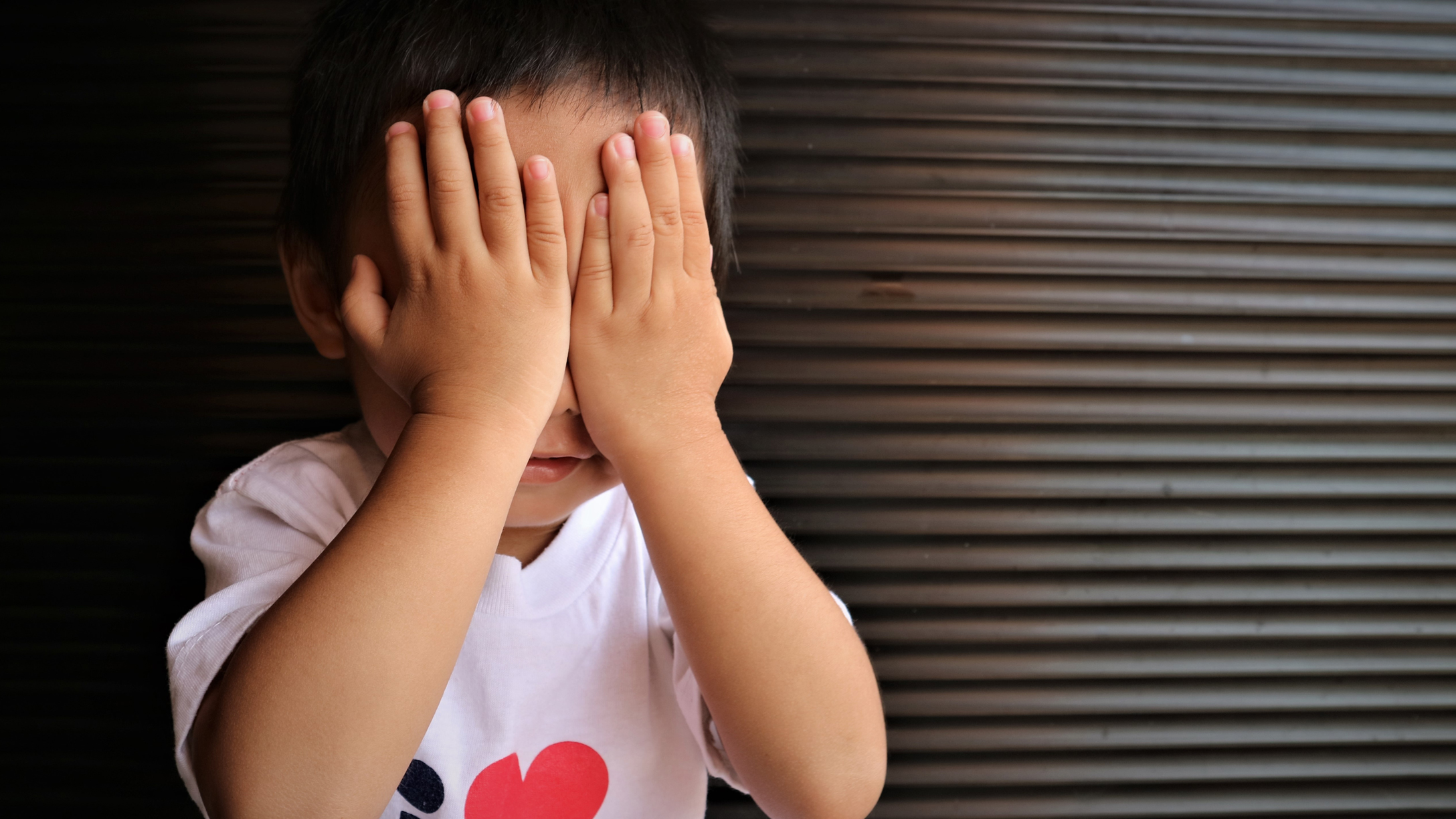
It is important for parents to give the child a certain freedom, the opportunity to make decisions and solve problems on their own. But it is equally important not to leave him alone with difficulties for which he is not yet ready.
Shyness
Parents often have an ambivalent attitude to children's shyness. On the one hand, this trait in a child is touching. In addition, you can be sure that a shy child will not suddenly throw out some thing. Therefore, there is no need to blush for him. And yet, often, parents lament: what will it be like for such a shy person in adulthood. How to treat this trait and how to help a shy son or daughter?
All shy people are alike (including children). They experience the same feelings in communicating with other people: stiffness, awkwardness, fear of starting or maintaining a conversation. These feelings are especially intensified if they find themselves in an unexpected situation of communication, in an unfamiliar society or in a large company.
A shy person is convinced that all the attention of others is directed only to him. And that this attention is necessarily negative. That others critically evaluate his appearance and behavior, see all his shortcomings, etc. Shy people experience negative emotions much more often than others - both when they are in a real communication situation and when they think about it. They tend to constantly expect failures, self-doubt.
And yet, shyness can manifest itself to different degrees in different people. From mild confusion when meeting strangers to a complete rejection of contacts. In addition, shyness is characteristic of many children at certain periods of their lives. However, like adults. But not all children have it become a stable personality trait.
Shy or not?
The behavior of some children outwardly resembles the behavior of the shy, but they themselves are not.
- There are children uncommunicative, but not experiencing discomfort. They are completely self-sufficient, they do not need the help of others.
They are completely self-sufficient, they do not need the help of others.
- It happens that behind shy behavior there is a desire to take a leadership position among other children. And there are still not enough suitable qualities for this. Having met with problems, such a child may refuse contacts (“I don’t need it, it’s not interesting”).
- For some children, refusal to communicate is a means of self-affirmation, the desire to show their power over others. "I want - I'm talking, I don't want - I won't!" It is clear that in this case it is necessary not to help the child to make contact, but to save him from arrogance and capriciousness.
- Difficulties in communication can be caused by insufficient development of the child's speech, thinking; it is difficult for him to get to know each other, to keep up a conversation, etc.
What can parents do to prevent shyness?
- Less worry about possible troubles and misfortunes. Often, concern for the child makes parents control his every step. He is constantly surrounded by adults, has no experience of choosing and establishing contacts on his own.
He is constantly surrounded by adults, has no experience of choosing and establishing contacts on his own.
- Try to set the child up for success in big and small things. Do not constantly emphasize his weakness or inability ("You are still small", "You will not succeed").
- He should be able to freely express his feelings and needs. Parents are constantly ashamed, too concerned about what others will say about the behavior of the child. It is not surprising that in adult life he will depend too much on these assessments.
- Of course, the child needs to see that his loved ones enjoy communicating with him and with other people. More contact with children and adults of different ages, in different situations is the best prevention of shyness. It can be general holidays, sports, tourism, a theater studio and much more.
If, however, the child grows shy, how can I help him?
- Do not express your anxiety about this trait to him, and even more so do not reproach the child. Do not set an example for other children. Do not promise him all sorts of hardships due to shyness in the future.
Do not set an example for other children. Do not promise him all sorts of hardships due to shyness in the future.
- Do not single out shyness as the main feature of your child. It is better to emphasize his strengths in conversations with him and with other people. For example, delicacy, the ability to understand the feelings of others, restraint, caution, etc.
- In a situation of explicit refusal of a general conversation or game, do not shame or force. Try to simply describe his feelings at the moment: "It looks like you don't feel like playing (talking, running, etc.) right now."
- Try to be active in communication. Encourage your child to talk more at home.
- Be there when there are a lot of strangers around. Do not force your son or daughter to get into situations that are unpleasant for them. But it is clear that one should not overprotect the child.
- Provide a variety of activities to choose from. Having noticed the success of the child in some business, tell me how he can use his new knowledge or skills in communicating with other children. Indeed, often a shy child considers himself uninteresting to other people.
Indeed, often a shy child considers himself uninteresting to other people.
- Tell teachers or educators about the child's characteristics in contacts with other children and about his strengths. Ask him to give him the opportunity to show his abilities and skills.
- If big changes are coming in the child's life, help him to adapt to the new environment and people with the least losses. For example, visit a new school or class with him in advance, introduce him to teachers and children. Play with him possible situations - what he can see, hear, what to answer.
- Share your own experiences with your son or daughter. Many people in their lives got into difficult situations of communication and, nevertheless, found a way out. Convince that those around him are not at all occupied exclusively with his person, but are much more concerned about their own affairs.
- The best way to think less about your problems and difficulties is to help another. It is important to change the sign of the constant experiences of a shy child from negative to positive.

 Please no trash sacks.
Please no trash sacks.










